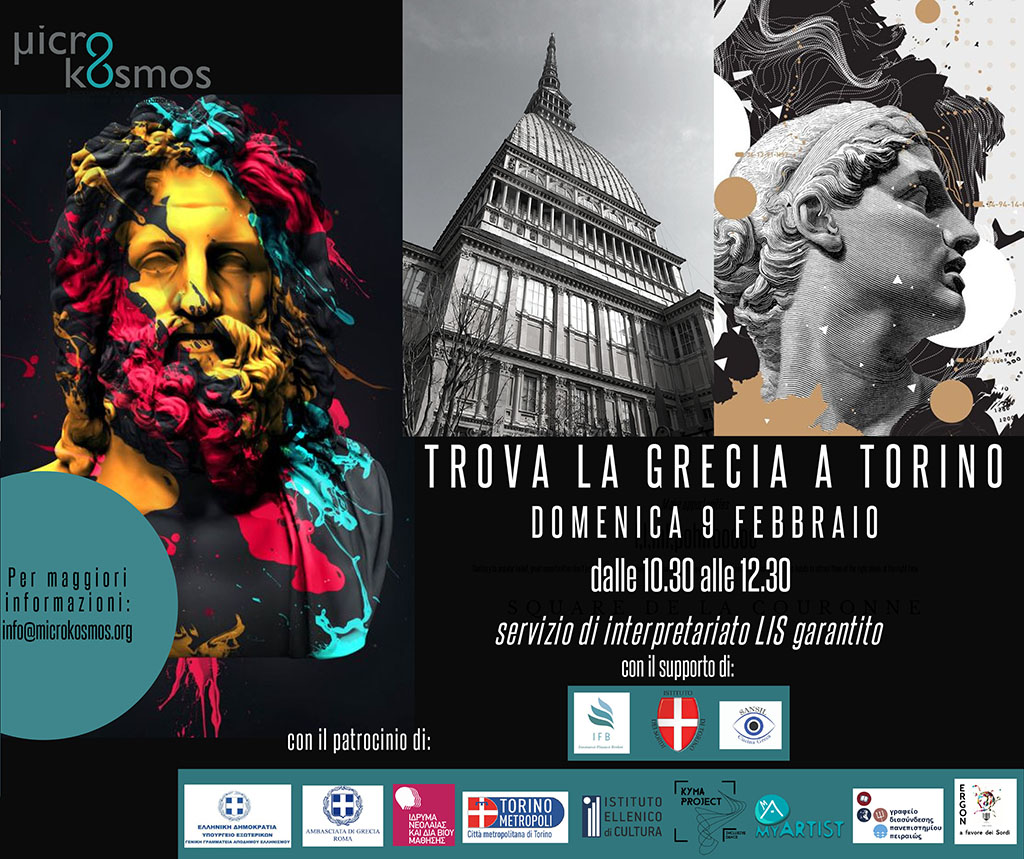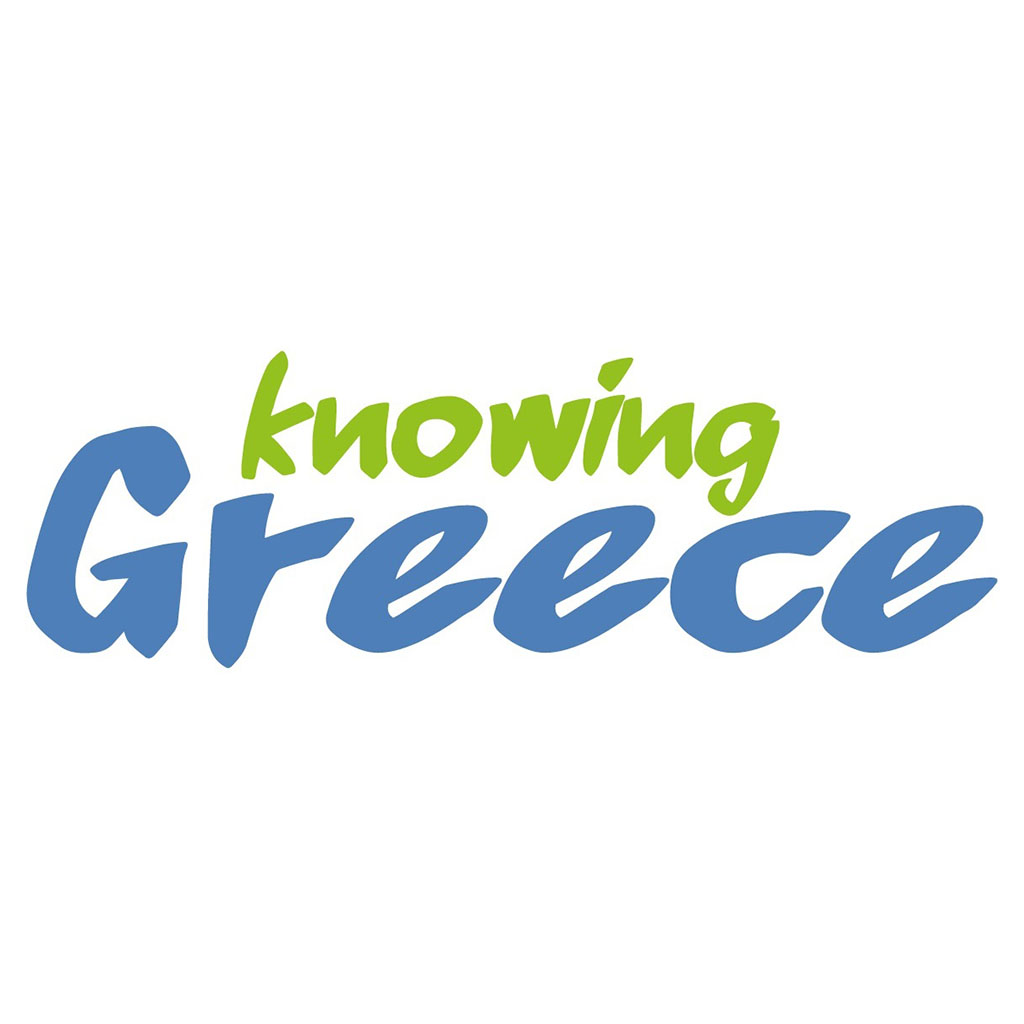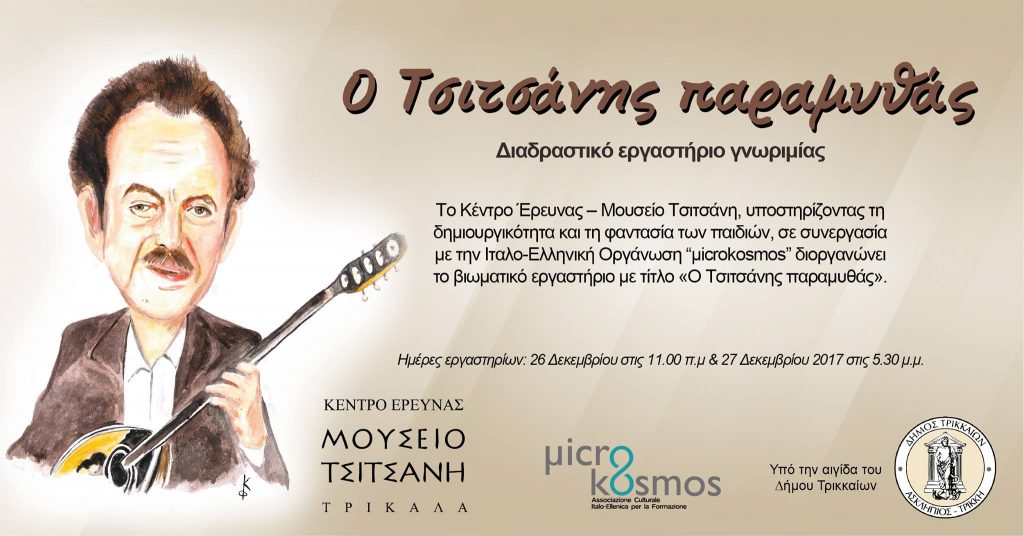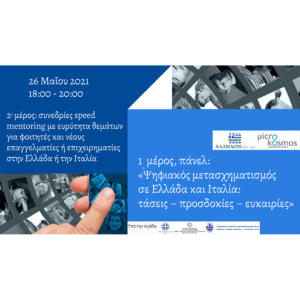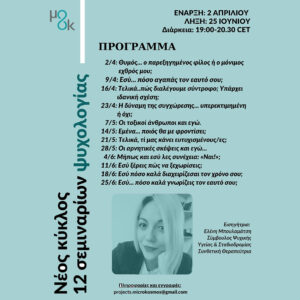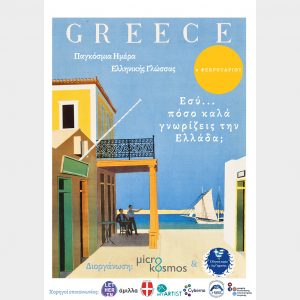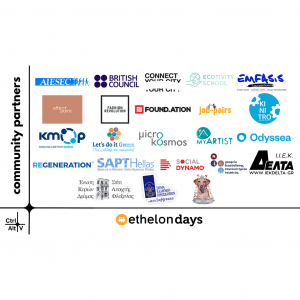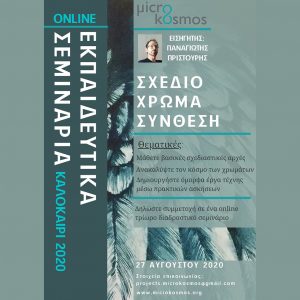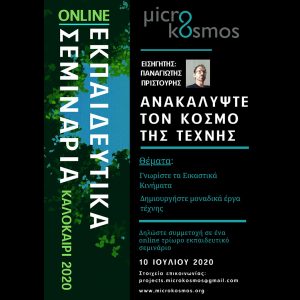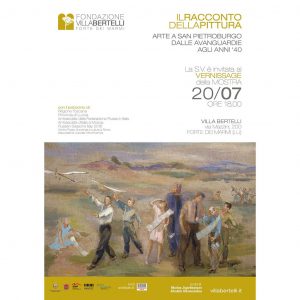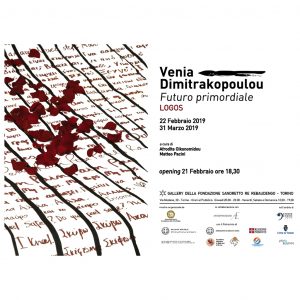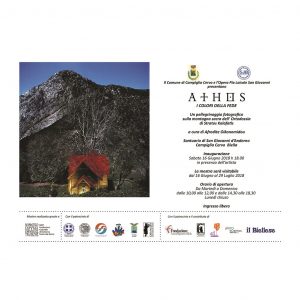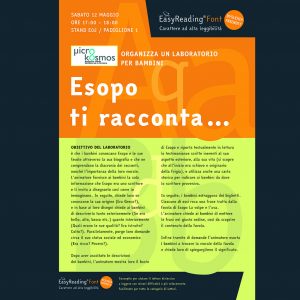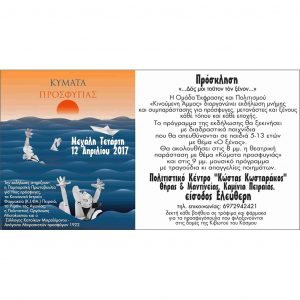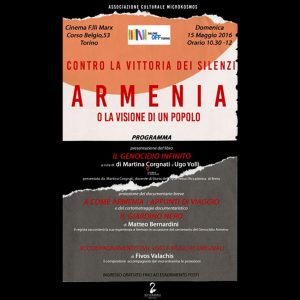Our Actions
Find Greece in Turin
Educational and culturally accessible game of treasure hunting.
Let’s discover the Greek features/elements of the city on February 9th, International Greek language day, by…. hunting!
Read more
- 6 points
- 6 teams
- 1 God/Goddess per team
Meeting point is Piazza San Carlo at 10:30. Participants will be divided into teams of 8 people each and choose a team name and a team leader.
Subsequently, each team will be given a riddle whose solution contains the first clue that will point them in the right direction of the city. Each team will be assigned a God/Goddess who can provide them with protection, but he/her can only help once! The winner is the first team to discover the 6 Greek features/elements, and as a reward they will be given the key of the city!
Quote your city
Initiative based on creativity and imagination in order to “fill” the city with poems.
Read more
Consciously or unconsciously, poetry is linked to our “spaces of memory”. Lyrics and verses are reflected in each of our emotions and in the memory of them in our mind. They mark the course of our thinking from the past in the future and help us to describe our personal history. Poetry can encourage our personal experiences and senses, but at the same time, it claims universality, strives to communicate, brings out the personality of the individual and wants to become part of his/ her story. Through poetry, cities come alive and neighborhoods become exploration grounds. A hidden verse or a hidden poem in the streets of the city we love is visualized and poetry becomes life. Through a verse or a poem, we leave our mark in our city, discovering its forgotten beauties.
Knowing Greece
Knowing Greece aims to connect people with the different areas of Greek culture through the history that accompanies every corner of Greece and through the knowledge and experience of the native population.
Read more
Interested people will have the opportunity to explore the cultural specificities of each place and learn about the Greek tradition by acquiring multiple information. We focus on the unparalleled beauty of Greece and the charm of its classical values, which still emerge from its history today. Our goal is to spread the Greek cultural heritage, to familiarize with local traditions and discover the hidden secrets of local communities. Our aim is to promote cooperation and communication as part of an exchange of ideas/views at historical and cultural levels, as well as culinary, highlighting each destination in Greece.
Tweet your Greek Story
Since we reached the 2.000 #likes on our Facebook page, we decided to launch a contest in which everyone can participate!
Read more
How to participate
You will have to write a short story about Greece using the Twitter format, i.e. using a maximum of 280 characters, and send it to actions@microkosmos.org! The subject of the story is up to you, the only rule is that it must be relevant to the Greek world!
Tsitsanis: the fairy teller
The Research Center – Tsitsani’s Museum, supporting the creativity and imagination of children, in collaboration with the Italian-Hellenic Organization “microkosmos” organized the experiential and interactive workshop entitled “Tsitsanis: the fairy teller”.
Read more
The aim of the workshop is for the children to get to know Tsitsanis and his songs through his biography and his love for music and “rebetiko”.
Through theatrical and artistic activities, the children will discover the composer’s songs and give their own definition of “rebetiko song”, incorporating in the definition the contribution of Tsitsanis, the bouzouki as one of the primary instruments and the folk element.
Aesop narrates you…
As part of the “Cultura dal Basso” festival, Microkosmos organised a children’s workshop entitled “Aesop narrates you”.
Read more
The goal of the workshop is that children get to know Aesop and his fables through his biography. Additionally, they have the opportunity to understand the diachrony of his fables, as well as the importance of his morals. The sole information given to children is that Aesop was a writer, and they are invited to draw him as they imagine him. Afterwards, the animator asks children if they know anything about his origins (Was he Greek?), and according to their drawings, the children are asked to describe Aesop both externally (Was he handsome, tall, short?) and internally (What were his qualities/values? Was he educated?). At the same time, the animator asks children questions about Aesop’s social and economic status (Was he rich? Poor?).
After listening to the descriptions of the children, the animator shows them Aesop’s torso and reads out loud the written testimonies inherent to his physical appearance and his life (turns out that at the beginning he was a slave originally from Phrygia). Also, he/she points on a historical map the place where the writer came from.
Then the children draw lots. Each lot contains a phrase from the Aesop’s fable: “The fox and the grapes”. The animator asks children to put the sentences in order so that the content of the fable will be revealed.
Finally, the animator asks questions to the children in order to urge them to find out the moral of Aesop’s fables and asks them to explain their morals.
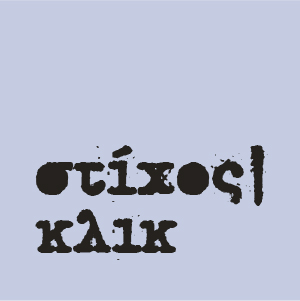
verse|click
Photography inspired by verses. One click for each verse.
An audacious collective project based on an idea by Sofia Mastrokoukou and Stelios Charissis.
Read more
A few words about the aim: The main problem of poetry is the risk of a possible surrender (certain according to some) of the readers to further devote themselves to it, caused by the erroneous interpretation of its purpose. Poetry is not meant to excite, instead, it should be simple. Its aim is to arouse emotions, acting as a direct means of communication between people and as an interpersonal tool, without the need of moral rules of intermediation.
Therefore, through the reception of a pattern, personal conception, the understanding and the mental visualization of a verse, we believe poetry ceases to appeal only to a “selected few”, as it restores its universality while strengthening our aesthetic judgment at the same time. Either way, both aesthetic judgment as well as poetry always aspire to universality. It is not based on a precise idea such as logical/rational judgment, but rather on the personal feeling that creates the “harmonious game of intellect and imagination”.
How to participate:
A verse is posted on the Facebook page “Verse/click” every day (we are willing to post up to 4 verses per week), chosen by our team composed by Sofia Mastrokoukou and Stelios Charissis. Depending on the verse, participants (you too!) are invited to take a photograph, letting their creative sense guide them. Before taking the shot, participants should read carefully the requested technical requirements.
Subsequently, the photographs will be sent to the email address of our team (stixos.klik@gmail.com), which will publish them, as long as the requested technicalities are satisfied.
Invitation to participate:
The project is not addressed to professional photographers only, but to everyone who loves photography and poetry.
